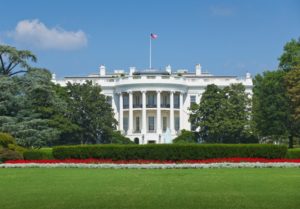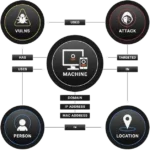
The Biden administration’s recent cybersecurity executive order that calls for leveraging federal buying power to ensure that software products purchased by government agencies is more secure than ever will benefit the market not just for software behind information technology but also for industrial control systems, an official on the White House National Security Council said on Thursday. Even though the executive order isn’t directed at operational technology (OT), the directive will ultimately benefit the security of software that is critical…

 By
By 











